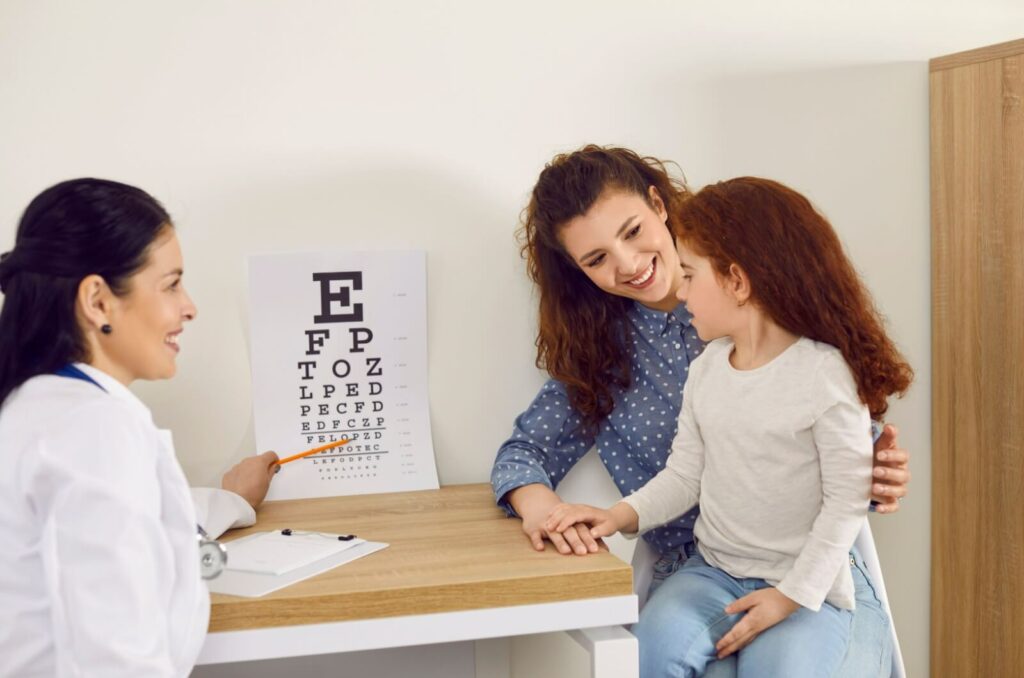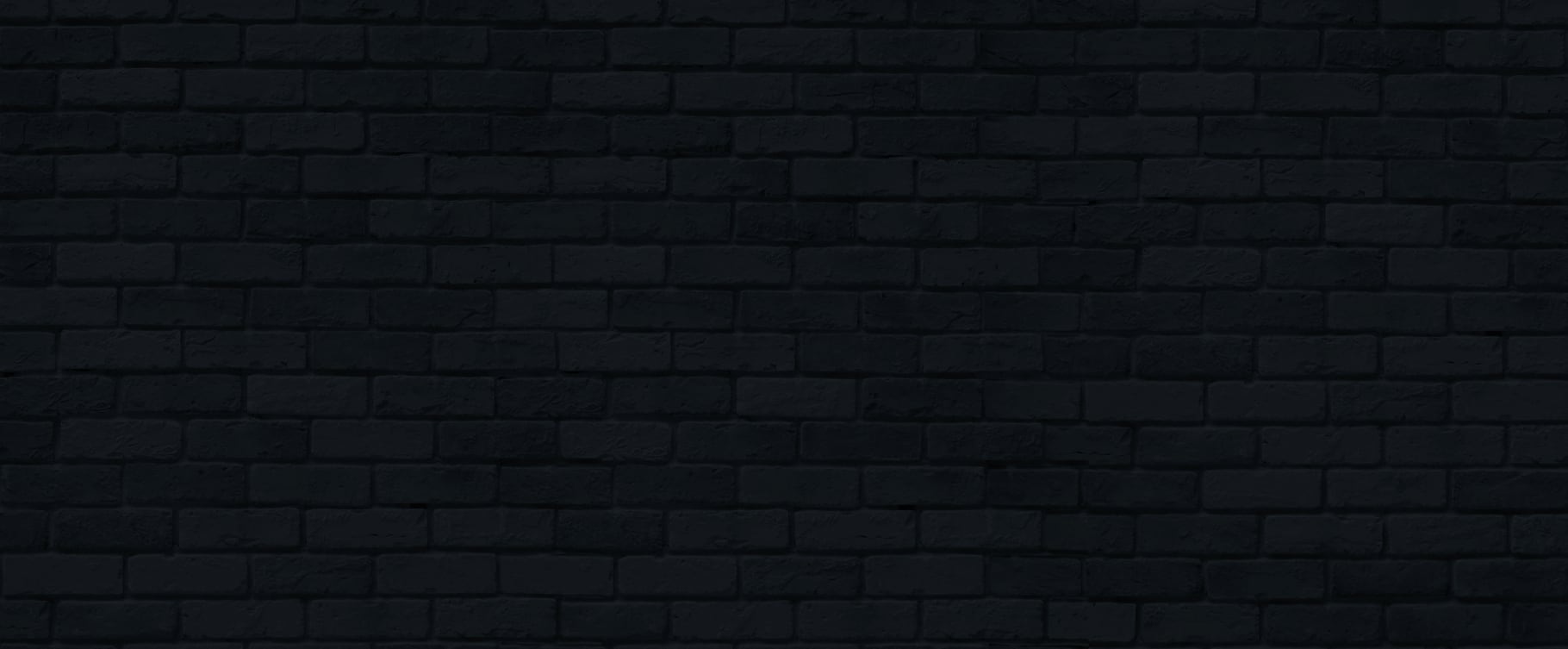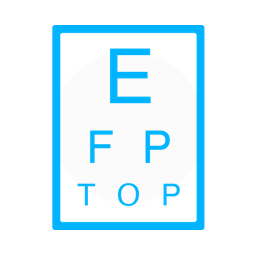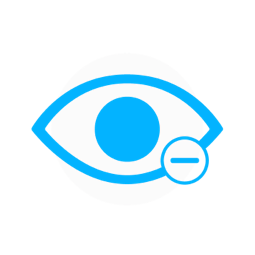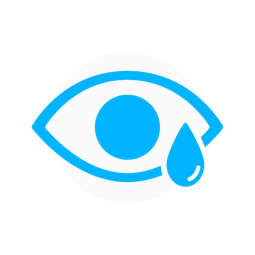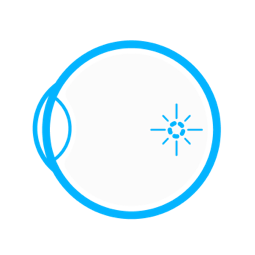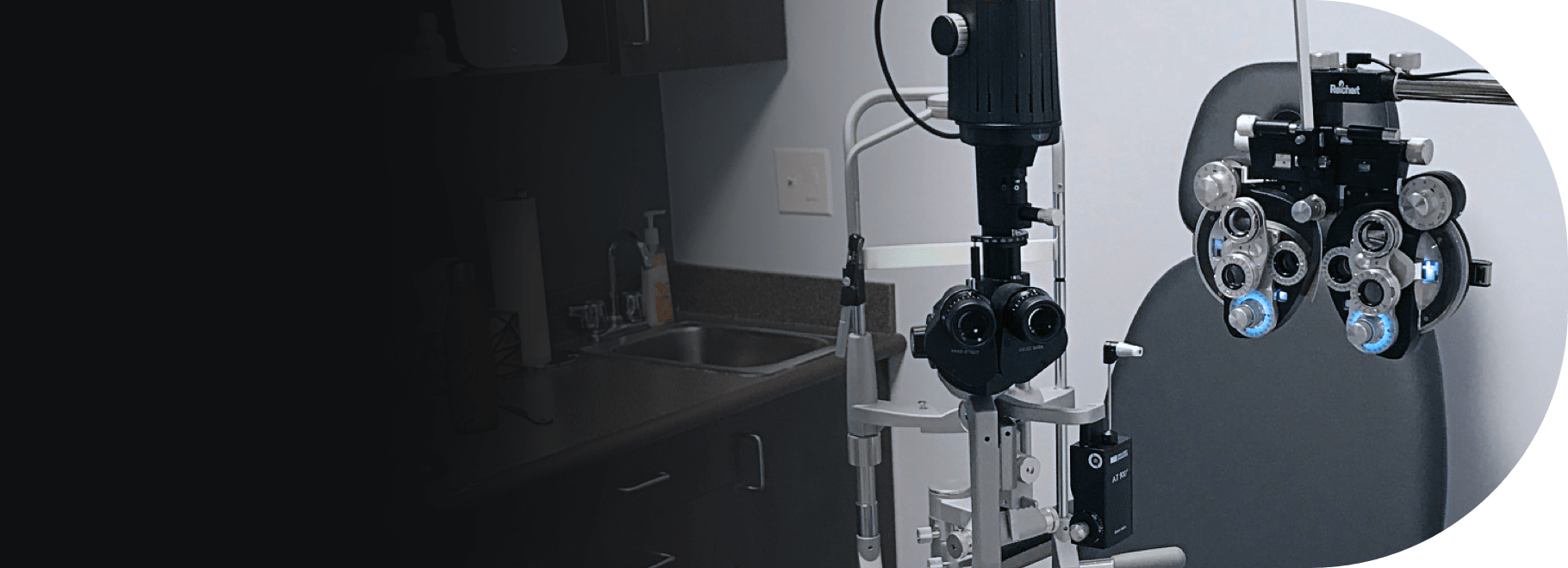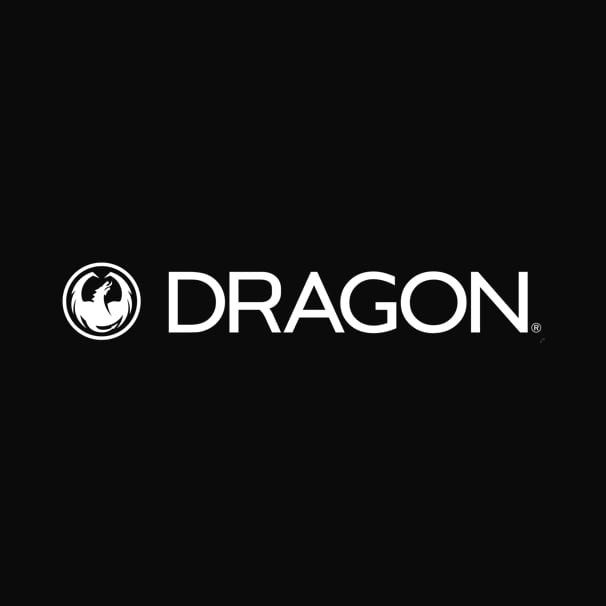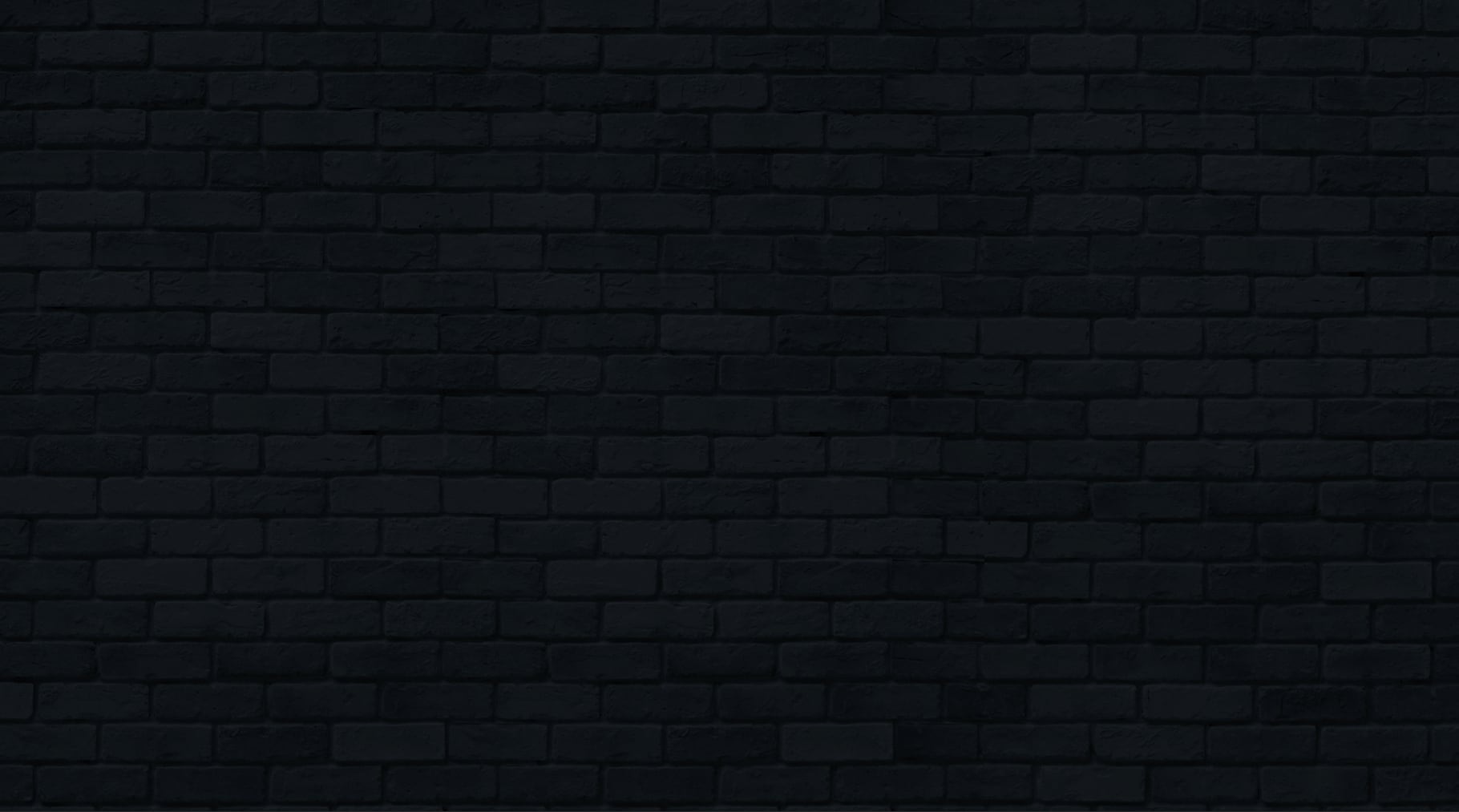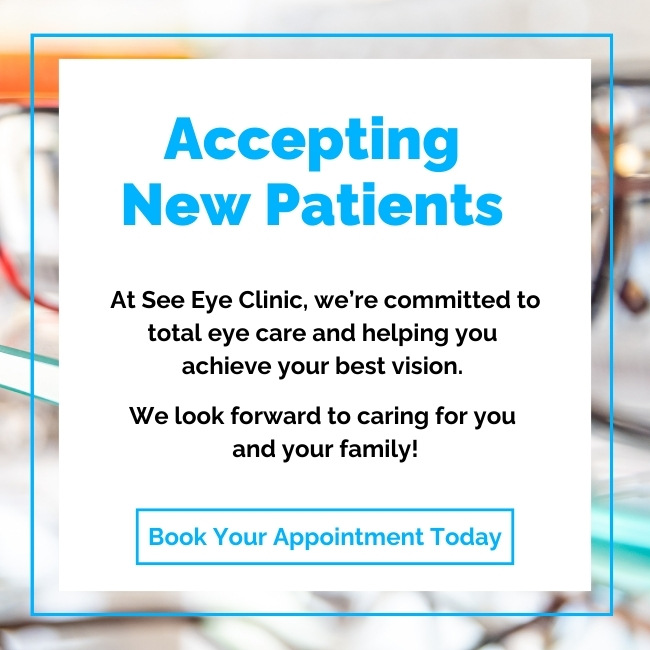Vision issues can affect individuals of any age, but nearsightedness, or myopia, is a prevalent refractive error that typically starts in childhood and may progress over time.
Though often corrected with glasses or contact lenses, myopia can heighten the risk of certain eye conditions and diseases later in life.
While a cure for myopia doesn’t exist, managing myopia can help slow its progression in children. Routine eye exams are important for early detection and timely management.
What Is Myopia?
Myopia is a refractive error caused by a variation of normal. When the eye is elongated or the cornea curves too sharply, the eye focuses light in front of the retina instead of directly on it. Without vision correction, this leads to blurred distance vision.
Both genetic and environmental factors can influence myopia. Children with nearsighted parents are more prone to developing myopia, though lifestyle factors also play a significant role.
Engaging in activities like prolonged reading or extensive screen use, which demand intense focus on close objects, can increase the risk of myopia.
Outdoor activities and exposure to natural light are beneficial for healthy eye development. Limited time spent outdoors is often associated with a higher risk of myopia progression.
Myopia typically begins between ages 6 and 12 and can continue progressing. Parents should be vigilant in monitoring their child’s vision and consult an eye doctor if there are any concerns. Regular eye exams are essential in identifying myopia early and implementing interventions to slow its progression.
How Is Myopia Examined?
Myopia severity is assessed in diopters, with lower values indicating less severe nearsightedness, which often requires weaker prescriptions and tends to progress more slowly.
Individuals with mild myopia might only need corrective eyewear for activities like driving or watching television. But no degree of myopia is entirely risk-free. Even mild cases can increase the likelihood of serious eye issues later on.
As myopia becomes more severe, the potential for eye complications rises considerably. Prescriptions of -6 diopters or greater are classified as high myopia and require more robust corrective lenses. Research indicates that people with high myopia are at an increased risk for serious conditions like retinal detachment, glaucoma, and cataracts.
Taking early action to control myopia is essential for safeguarding your child’s long-term vision. Initiating myopia management strategies while the eyes are still developing can help mitigate future eye health risks.
Once myopia has set in, it cannot be reversed. So, adults with myopia should maintain regular eye exams to keep track of their eye health. Consistent eye exams can detect potential issues early and make sure that the most suitable corrective lenses are being used.

Customized Myopia Management Solutions
To provide vision correction while slowing down myopia progression, MiYOSMART lenses use Defocus Incorporated Multiple Segments (D.I.M.S.) technology. The lenses create a defocus effect in the outer portion while correcting vision in the centre. This signals the eye to stop elongating, helping slow down the progression of myopia.
Another myopia control method involves low-dose atropine eye drops. These drops work by inhibiting the neurotransmitter responsible for muscle contraction in the eye, reducing the rate of eye elongation. This method is particularly beneficial as it has been shown to slow myopic progression without significant side effects.
For those who prefer contact lenses, MiSight 1 day lenses are an excellent choice. These single-use lenses are specially designed to correct vision while slowing myopia progression by up to 59% in children aged 8 to 12. They are soft, flexible, and easily adaptable for young patients.
By addressing myopia early, we can significantly reduce the risk of complications such as cataracts, retinal damage, and glaucoma, ensuring better long-term eye health for your child.
Myopia & Astigmatism
Nearsightedness and astigmatism are distinct refractive errors, yet they frequently occur together. Both conditions result from irregular eye shapes. Myopia is typically due to an elongated eyeball or a steeply curved cornea, while astigmatism occurs when the cornea or lens takes on an oval shape rather than a round.
Myopia impacts distance vision, whereas astigmatism leads to blurred or distorted vision at any distance.
Similar to myopia, astigmatism can be corrected using eyeglasses, contact lenses, or surgery. Toric lenses are specifically designed for individuals experiencing both astigmatism and myopia, providing a comprehensive corrective solution.
A Visionary Approach to Eye Health
At See Eye Clinic, we are dedicated to providing comprehensive eye care solutions. Whether you seek guidance on managing your child’s myopia or are considering refractive surgery for yourself, our expert team is here to assist you.
Our committed eye care professionals offer personalized services, empowering you with the knowledge and resources necessary to maintain your eye health and improve your quality of life. Schedule your appointment with us today and take the first step towards clearer, healthier vision.


